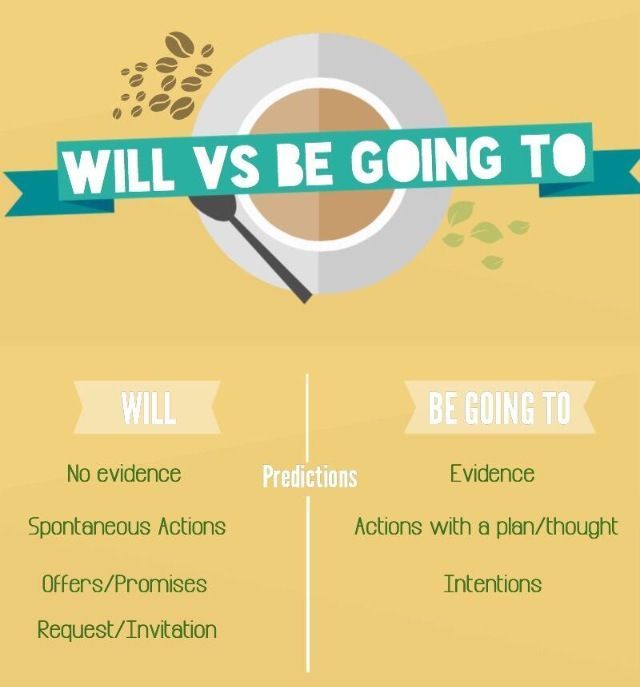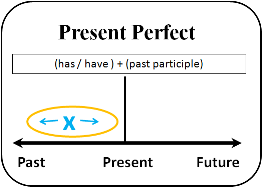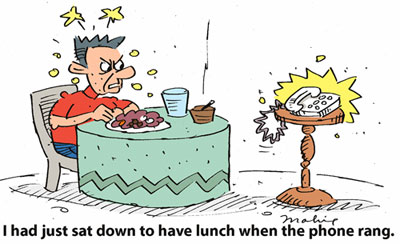Present continous for future arrangements.
Especially for events at a time later than now....
..... a recommendation more than one person is attentive of the event, and the preparation has already happened.
(subject + 'be' = verb-ing+ complement)
Examples:
a) I'm having a date next sunday at nine o'clock.
b) We're metting you at the train station.
c) They're watching the game today at night.
Will and going to.
Topic : future propose
Will is use for facts that we believe are true and in moment decision for future.
ex. the president will serve fo four years more.
Going to is use for a future prediccion with a 80% of probability, also is used for something that is planned like a desicion or especific meeting
+(subject + will + verb + complement)
+ (subject + to be + going to +verb + complement)
- ( subject +will + not +verb + complement )
- (subject + not + goint to + verb + complement)
Examples
Will:
a) I'll sleep in the night.
b) I'll come and have fun.
c) I'll play basquetball today
Going to :
a) I'm going to hang out tomorrow .
b) You're not going to play with us.
c) Are they going to come to the party tomorrow?
Used to
Used to expresses the idea that something was an old habit that stopped in the past...
....It indicates that something was often repeated in the past, but it is not usually done now.
( subject + used to + verb + complement)
Use for ........ habit in the Past and Past Facts and Generalizations
Examples :
a) I used to read every day.
b) They used to be happy .
c) Anna and Simon used to go to Argentina every summer
Present perfect
The present perfect is formed when we combine the auxiliary verb "has" or "have" with the past participle .
(subject + has/have + verb in past participle form + complement )
We use present perfect to say that an action happened at an unspecified time before now.
We can use this expressions such as:
ever, never, once, many times, several times, before, so far, already, yet, etc.
Also we can use it for describe an experience, to talk about change that has happened over a period of time.
Examples :
a) You have seen the last episode of game of thrones many times.
b) Nobody has read the article for my class.
c) People have not talked about their own problems.
Past perfect
( subject + had + past participle + complement )
there is an idea that something occurred before another action in the past....
... also show that something happened before a specific time in the past
..........there are two action happening.
Examples :
a) You had never seen a beautiful lagoon before .
b) I did not have any money because you has lost my bag.
c) My mom and I had visited Argentina many times .
-
Comment by Sarah Taylor on July 13, 2016 at 4:25am
-
I am finding for a reliable book that lay out the rules of grammar undoubtedly and which I can pass on to when writing for Assignment Writing Service. I only ask that it be use-able perfect, and so simplified.
-
Comment by Otis Anderson on November 18, 2021 at 1:47pm
-
I generally don't mind when people break grammar rules and don't tend to have any grammar pet peeves but I hate hearing people do this!
-
Comment by Otis Anderson on November 18, 2021 at 1:49pm
-
I work for https://writemypaperbro.com/ and I still teach my ESL students what it is and how to use it, but I don't do much more than a brief overview and mention. More traditional grammar teachers, English teachers and ESL teachers may cringe at me saying it, but I think it's just an evolution in the language.
Comment
© 2024 Created by Steve Hargadon.
Powered by
![]()












You need to be a member of Classroom 2.0 to add comments!
Join Classroom 2.0